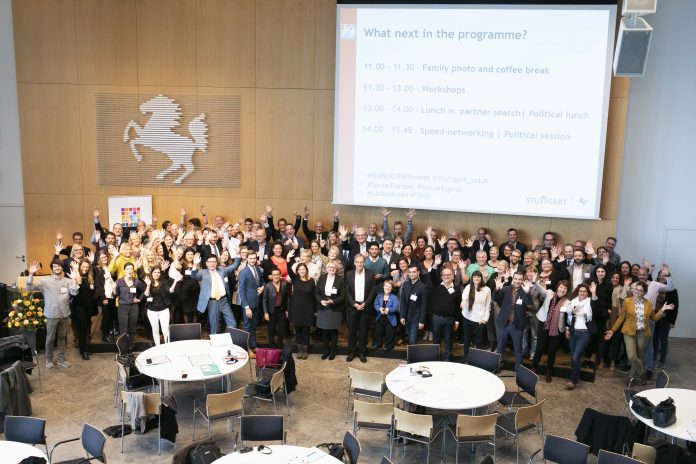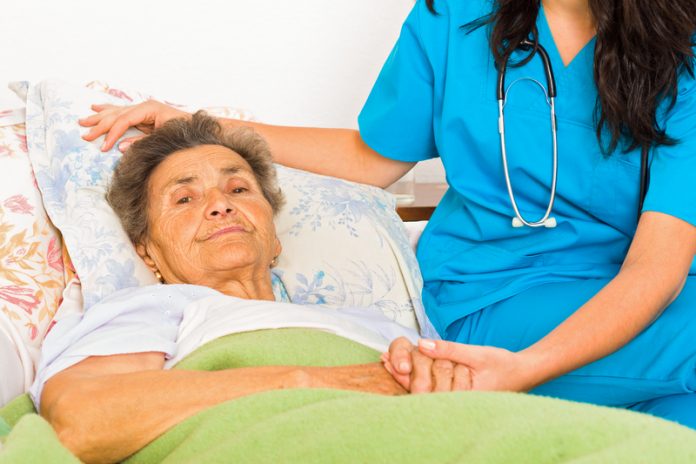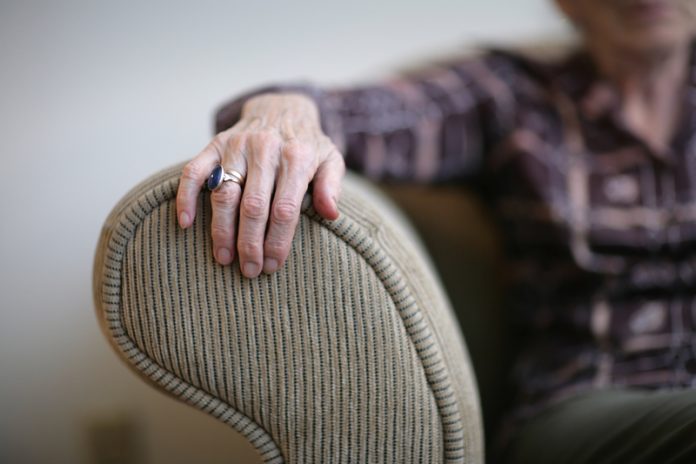Open Access Government produces compelling and informative news, publications, eBooks, and academic research articles for the public and private sector looking at health, diseases & conditions, workplace, research & innovation, digital transformation, government policy, environment, agriculture, energy, transport and more.
Home Search
social media - search results
If you're not happy with the results, please do another search
How is AI key to unlocking a new deal for social housing?
As the Government presses ahead with an agenda to empower tenants, Martin Taylor, Deputy CEO of Content Guru, argues that AI is crucial to transforming social housing providers’ engagement with their customers.
Digital Media privacy would be key to reward-based ecosystem that users deserve
Here, Christel Quek, Co-founder of BOLT, discusses the progressive potential of blockchain globally via appropriate use of digital media privacy that would open up a reward-based ecosystem.
Social pressure is damaging the mental health of millennials
As Dispatches reveals 68% of 16 to 30-year-olds are currently experiencing a mental health problem, Smart TMS dissects the mental health of millennials in this report.
How can bots improve social care?
Helen Dempster, Chief Visionary Officer at Karantis360, discusses how human and bot working successfully together could improve social care.
How can the social housing sector improve its customer experience?
The social housing sector must see tenants in the wider context and improve its customer experience, Chris Proctor, CEO at Oneserve discusses here.
The Werther effect – About the handling of suicide in the media
Vivien Kogler and Alexander Noyon from Mannheim University of Applied Sciences investigate suicidality, the Werther effect and the role of medial presentation in this context.
As guest authors at Pfalzklinikum they summarized the subject of the thesis written by Vivien Kogler.
The Werther effect is the mimicry of suicide after a...
Recommendations for a more socially sustainable Europe
The EUROCITIES Social Affairs Forum met on 23-24 October 2018 in Stuttgart to discuss ‘Anchoring the Sustainable Development Goals to achieve Social Rights for All’
How will implementing technology help improve the social care ecosystem?
According to Age UK, 97% of the UK population would like to receive care in their own home. With this in mind, Helen Dempster explains why the implementation of effective and intelligent technology across the entire social ecosystem will be key to enabling more people to stay in their homes for longer with a better quality of care
The priorities for health and social care policy in Germany
The priorities for health and social care policy in Germany are placed under the spotlight here by Open Access Government, including the Federal Minister of Health’s ambitions for the elderly care sector.
Blockchain supports nurses in the continuity of health and social care
Secretary General of the European Federation of Nurses Associations (EFN), Paul De Raeve explains how blockchain technology supports nurses in Europe where the continuity of health and care is concerned
Blockchain has the potential to modify the way health and social data are traditionally collected, interpreted and connected, shifting from...
Why the European Pillar of Social Rights should keep nurses in the profession
Paul De Raeve, Secretary General and Elisabeth Adams, President of the European Federation of Nurses Associations (EFN) tell us why the European Pillar of Social Rights should help nurses to remain in the nursing profession
European Economic and Social Committee (EESC)
Small and medium-sized enterprises (SMEs) are the driving force of the European economy and have huge potential to contribute to its development.
Stability and instability in the Caucasus: social cohesion
A consortium coordinated by the University of St. Gallen looks at the Caucasus and the importance of social cohesion for stability in the region
Solar devices benefit social housing in Scotland
Improving energy efficiency in social housing can be achieved with solar devices. PassivSystems outlines how this technology can be utilised by councils
Failure to address health and social care crisis in Autumn Statement
Anger and dismay were the reactions across the board at a lack of support for health and social care in the Chancellor’s Autumn Statement
Chancellor of the Exchequer Philip Hammond today delivered his first Autumn Statement to the UK Parliament.
Although he announced measures designed to increase productivity by investing in...
Health and social care services to living rooms
Eksote discusses Health and social care services for an ageing population...
Eksote’s new models of mobile care and integrated service system.
The ER in Your Livingroom project delivers new model of service, where paramedical nurses in cooperation with other professions don’t just treat acute events, but enable citizen to live and...
Philosophy within social/ educational research
In the everyday and customary repetitions/reiterations of embodied practices it would be very easy to begin this brief paper concerned with opening space for philosophical discourse in mainstream educational/ social research with expressions of what has been done by a small groups of colleagues in the UK and Australia...
Auto-consumption and energy self-sufficiency – now within reach for social housing
Solar power provides an opportunity for social housing associations and landlords to improve the long term energy prospects of tenants by alleviating fuel poverty and greatly reducing their carbon emissions. And, whatever the outcome of 2015's general election and the new government's energy and carbon policies, the benefits of...
Social care – fit for purpose
Richard Kramer, Deputy Chief Executive at the Deafblind charity Sense highlights the importance of social care for deafblind and disabled people
Last year was incredibly challenging for many deafblind and disabled people. Changes to the welfare system including the transfer from DLA to PIP and ongoing issues with Work Capability...
Social care – fit for purpose
Richard Kramer, Deputy Chief Executive at the Deafblind charity Sense highlights the importance of social care for deafblind and disabled people
Last year was incredibly challenging for many deafblind and disabled people. Changes to the welfare system including the transfer from DLA to PIP and ongoing issues with Work Capability...



















